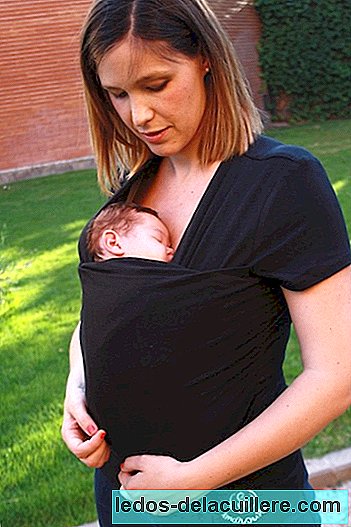
During pregnancy, and especially with the arrival of low temperatures, the woman's skin becomes extremely sensitive, so she needs special care.
The effect of hormones produces changes in the structure of the skin making it more reactive to external factors such as wind and cold, causing conditions such as redness, peeling and extreme dryness. We tell you how you should take care of your sensitive skin in pregnancy.
Face: temperature changes in sensitive skin cause redness and can lead to more serious conditions such as couperose or rosacea. To avoid it you must apply a special moisturizer daily for sensitive skin, and whenever you notice tight or dry skin. Do not abuse exfoliation in winter.
Body: The shower gel should be as soft as possible, the most recommended are those that contain oatmeal or glycerin extract, but take care that they are of good quality. Do not rub with a sponge too hard or abuse perfumes or colognes. After showering, always moisturize with a specific cream for sensitive skin.
Stretch marks: to prevent stretch marks it is essential to keep the skin well hydrated, especially if you have sensitive skin, which tends to dryness. It is important to do it from the inside by drinking a lot of water and increasing the consumption of foods rich in vitamins and nutrients. Also, of course, applying anti-stretch creams from the first trimester of pregnancy.
Stains: don't forget sun protection. Although the days are cloudy and cold, the sun's rays continue to affect our skin in winter and it will be necessary to continue to protect ourselves from them. With a protection between SPF 15 or SPF 20 It may be enough to prevent dark spots on the skin or chloasma.
Lips: The lips in winter break easily, and can cause small wounds. To avoid this, always have a long-lasting moisturizer for your lips.
Hands: Another part of the body that suffers a lot from the effects of cold due to its constant exposure, are the hands. It can occur with chilblains and other skin complications that can be avoided by wearing specific gloves and creams.












